You didn’t suffer any injuries even if police officers assaulted you – State Attorney tells Latif
As a media practitioner and rights advocate, I’ve witnessed firsthand the sacrifices journalists make to bring truth to light. I have benefitted from the sweat and toil of journalist and media persons. So I owe it to them to fight their cause. The brutal treatment of Latif Iddrisu, a journalist beaten by police and later subjected to mental torment during cross-examination, is a stark reminder of the dangers our colleagues face. This egregious case underscores the urgent need to safeguard journalists’ rights and freedoms. We must stand united against such blatant attempts to intimidate and silence the press. I urge fellow journalists to recognize the significance of the court event on June 16, 2025, and the importance of our attendance in covering the proceedings and demonstrating our collective resolve to protect our own and uphold the principles of a free press. Please read the account of what happened in court and your blood would freeze.
A Senior State Attorney has cast doubt on the injuries sustained by journalist Latif Iddrisu, despite his claims of brutal assault by officers of the Ghana Police Service on March 27, 2018.
During cross-examination at the Human Rights Division of the High Court, State Attorney Nancynetta Twumasi Asiamah suggested that the Multimedia Group employee may not have suffered any injuries at all, even if he was assaulted by uniformed police officers at the CID Headquarters that evening.
Presenting a series of speculative theories, the State Attorney implied that Latif’s decision to seek treatment in California was a calculated attempt to bolster his case.
“You went on a fishing expedition,” she said, referring to his visits to Loma Linda University Medical Centre and the Southern California Brain Centre for treatment.
Latif rejected the claims as false. He explained that his condition showed little improvement after nearly two years of treatment in Ghana. He told the court that he endured severe pain while trying to keep his job at Multimedia, pushing through repeated relapses. “The decision to travel abroad for medical attention,” he said, “was necessitated by the apparent lack of improvement in my condition.”
He maintained that he was “assaulted by uniformed officers of the Ghana Police Service” and suffered a “fractured skull and its cascading effects.”
The State Attorney also challenged the journalist’s failure to provide photographic evidence of his injuries in court. In response, Latif said he and his legal team anticipated attempts by the police to deny responsibility, which is why they requested CCTV footage from the CID Headquarters. The police have refused to release the footage, claiming their cameras did not capture the incident.
“I put it to you that no police officer assaulted you,” the State Attorney said again.
Latif described the assertion as “insensitive.” He told the court, “My Lord, it is very insensitive on the part of Counsel to suggest that no officer assaulted me.” He gave a detailed and emotional account of the alleged assault and added, “I am the one who suffered the beatings and the injuries.” He described as “traumatic” the recurring suggestion that no assault occurred.
“The medical records will tell the story, My Lord. The medical record will tell the story of skull fracture, brain injury, PTSD, and traumatic brain injury,” he stated emphatically.
In another twist, the State Attorney theorised that Latif could have sustained the injury during the brief period between leaving the CID Headquarters and arriving at his office in Kokomlemle.
Latif denied the claim outright, calling it false and reiterating that the injury occurred at the hands of police officers.
The State Attorney further argued that all the physicians who treated Latif based their conclusions solely on his narrative.
The journalist countered, “Doctors and physicians are professionals. Medical professionals don’t take complaints at face value. They conduct their investigations to arrive at a professional conclusion, which was what happened in my case, My Lord.”
Latif, who returned from the United States in February after another round of intensive treatment following a relapse, became visibly emotional at some points during cross-examination.
Nevertheless, he maintained his composure and responded firmly to the State Attorney’s questions.
He also revealed to the court that he now owes Loma Linda University Medical Centre over $25,000 for his most recent treatment.
Latif has been in the witness box for three years, undergoing continuous cross-examination in a trial that has drawn criticism for its length and complexity.
The case is scheduled to return to court on June 12, 2025.
This post has already been read 644 times!
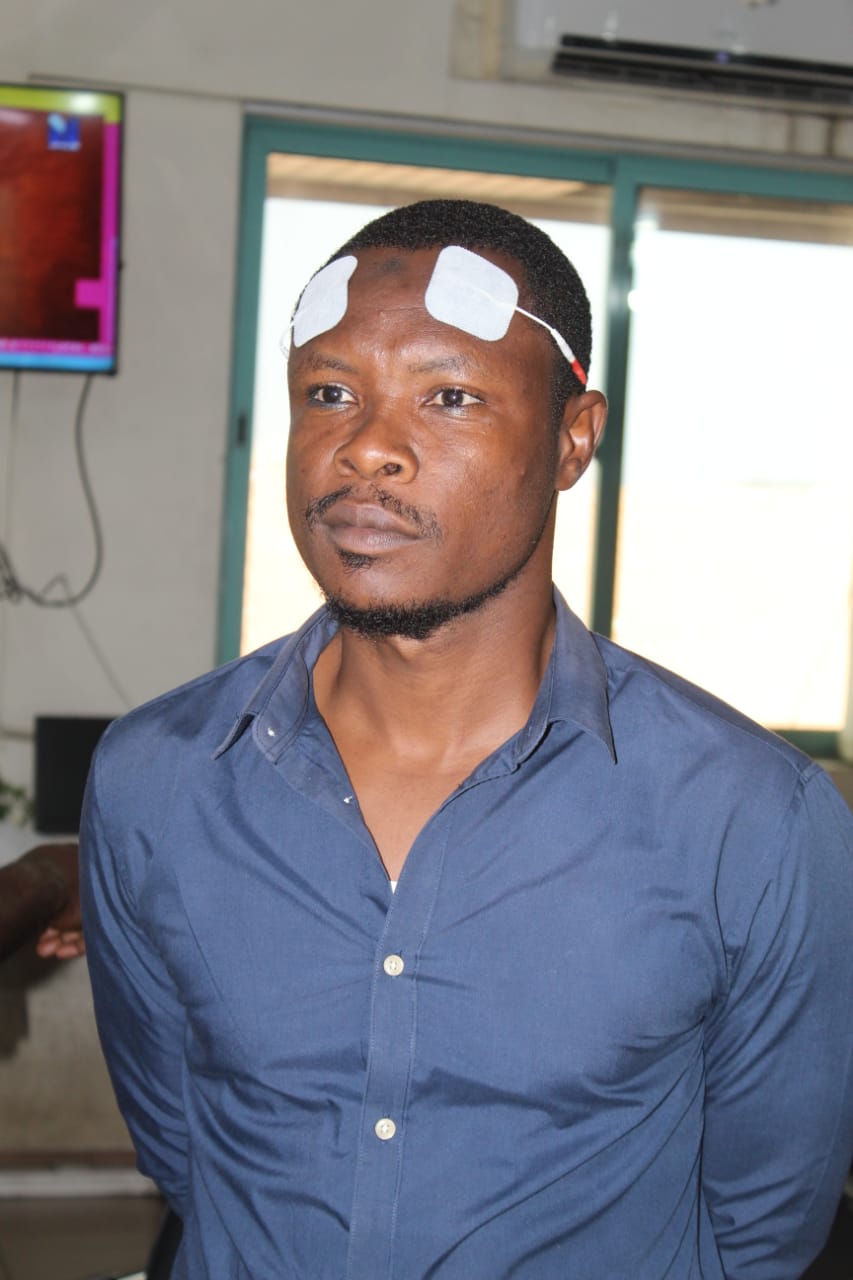

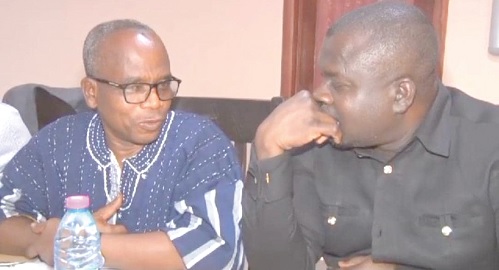
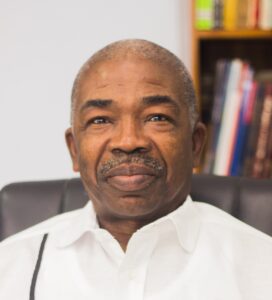
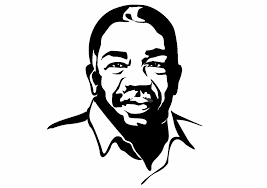

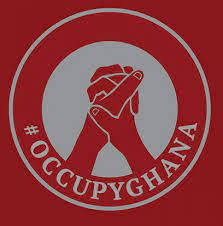



Post Comment